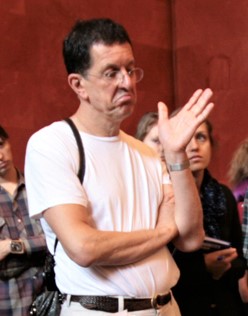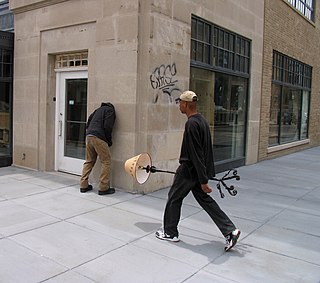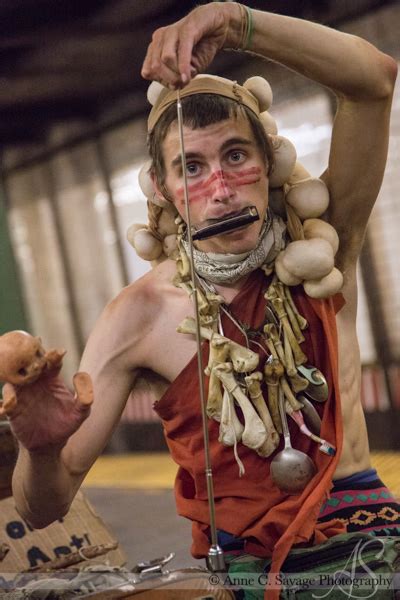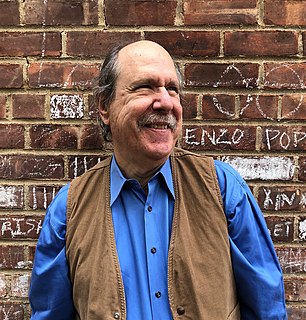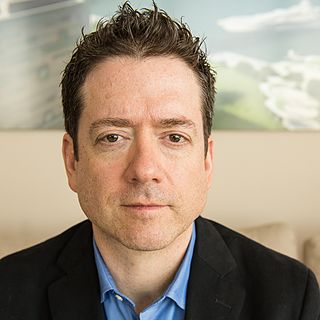A Quote by Antony Gormley
I believe in the city as a natural human environment, but we must humanize it. It's art that will re-define public space in the 21st Century. We can make our cities diverse, inspirational places by putting art, dance and performance in all its forms into the matrix of street life.
Related Quotes
I'm interested in confronting police brutality and police abuse of cracking down on street performers and street artists, but also in valorizing street art as legitimate performance within the artistic sphere, where it's so often conflated with pan-handling and begging and not "successful" art. I want to change laws around street performance.
To approach a city, or even a city neighborhood, as if it were a larger architectural problem, capable of being given order by converting it into a disciplined work of art, is to make the mistake of attempting to substitute art for life. The results of such profound confusion between art and life are neither life nor art. They are taxidermy.
I firmly believe that we who are alive and can think today-in the closing years of the 20th century-have a commitment to our species to make sure that the flicker of movement we have thus managed in space stays sufficiently kindled so that the people of the 21st century can build upon and extend the human abode from Earth to the cosmos beyond.
Earlier this week ... scientists announced the completion of a task that once seemed unimaginable; and that is, the deciphering of the entire DNA sequence of the human genetic code. This amazing accomplishment is likely to affect the 21st century as profoundly as the invention of the computer or the splitting of the atom affected the 20th century. I believe that the 21st century will be the century of life sciences, and nothing makes that point more clearly than this momentous discovery. It will revolutionize medicine as we know it today.
Very little comes easily to our poor, benighted species (the first creature, after all, to experiment with the novel evolutionary inventions of self-conscious philosophy and art). Even the most "obvious," "accurate," and "natural" style of thinking or drawing must be regulated by history and won by struggle. Solutions must therefore arise within a social context and record the complex interactions of mind and environment that define the possibility of human improvement.
I think our children will be living on floating cities, and they will look back on the 20th Century, when people lived in primitive governments founded in previous centuries, and they will be living on modular, sustainable, floating cities that we can't imagine now, that are based on the voluntary choice of citizens. I think we will have a marvellous world in the 21st Century.
The great tragedy is that they're removing art completely, not because they're putting more science in, but because they can't afford the art teachers or because somebody thinks it's not useful. An enlightened society has all of this going on within it. It's part of what distinguishes what it is to be human from other life forms on Earth - that we have culture.
In great cities, spaces as well as places are designed and built: walking, witnessing, being in public, are as much part of the design and purpose as is being inside to eat, sleep, make shoes or love or music. The word citizen has to do with cities, and the ideal city is organized around citizenship -- around participation in public life.
